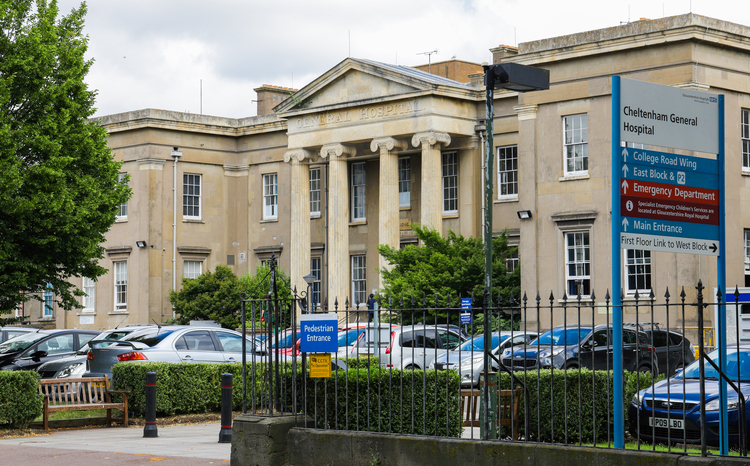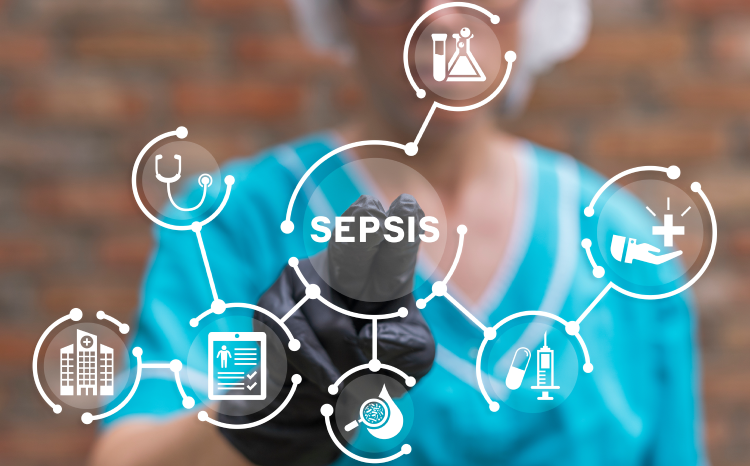Gloucestershire Hospitals utilises barcode tech to verify medication
- 30 September 2024

- Gloucestershire Hospitals NHS Foundation Trust has deployed a knowledge-based medication administration system
- The solution from Altera Digital Health uses barcode technology to identify patients and verify medications
- Gloucestershire Hospitals is aiming to achieve HIMSS EMRAM Stage 6
Gloucestershire Hospitals NHS Foundation Trust has deployed a knowledge-based medication administration (KBMA) system, which utilises barcode technology.
Altera Digital Health’s Sunrise KBMA solution was rolled out in phases across adult inpatient wards at Cheltenham General Hospital and Gloucestershire Royal Hospital in August 2024.
The system enables clinicians to use barcodes to identify patients and verify medications at the point of administration, with the aim of reducing the risk of medication errors.
It forms part of the Scan4Safety initiative – a £12 million programme launched in 2016 to explore the use of GS1 barcodes in improving patient safety.
Matt Little, chief nursing information officer at Gloucestershire Hospitals NHS Foundation Trust, said: “I’ve been out on the wards following each go-live and patients clearly recognise the importance of ensuring patient identification while administering medications.
“They also appreciate the steps we are taking to verify medications.
“On some wards, we have patients who receive multiple different medications and the process of assembling those together with ensuring you’ve got the right strength and dose all comes under the ethos of the Scan4Safety initiative”.
Sunrise KBMA is a closed-loop medication management solution which incorporates electronic prescribing, pharmacy interfaces and clinical decision support.
It integrates with the trusts’ existing electronic patient record (EPR) system and electronic prescribing and medicines administration solution, which are also provided by Altera Digital Health.
The KBMA implementation is part of Gloucestershire Hospitals’ wider digital transformation efforts and ambition to achieve HIMSS Electronic Medical Record Adoption Model (EMRAM) Stage 6 accreditation, which requires closed-loop medicine management.
James Hodgin, EPR solution architect and programme lead at Gloucester Hospitals NHS FT, said that the system has had “a promising start”.
“In the first week of September alone, 14,315 patient scans were recorded and 66,335 medications were scanned.
“As a trust we’re keen to deliver the benefits which closed loop promised, and in early evaluations with our nursing staff 93% saw the benefit of the system and 64% said the system makes them feel safer when administering medication,” Hodgin said.
Rachael Fox, executive vice president, EMEA at Altera Digital Health, said: “It’s been wonderful supporting Gloucestershire Hospitals on their accelerated path to digital excellence and the team there has done amazingly well.
“The trust was aware of the capabilities of the system after seeing it go-live at Liverpool Heart and Chest Hospital NHS FT and the contribution it made to the trust reaching the first HIMSS EMRAM [Stage] 7 status in Europe on the new standard”.





